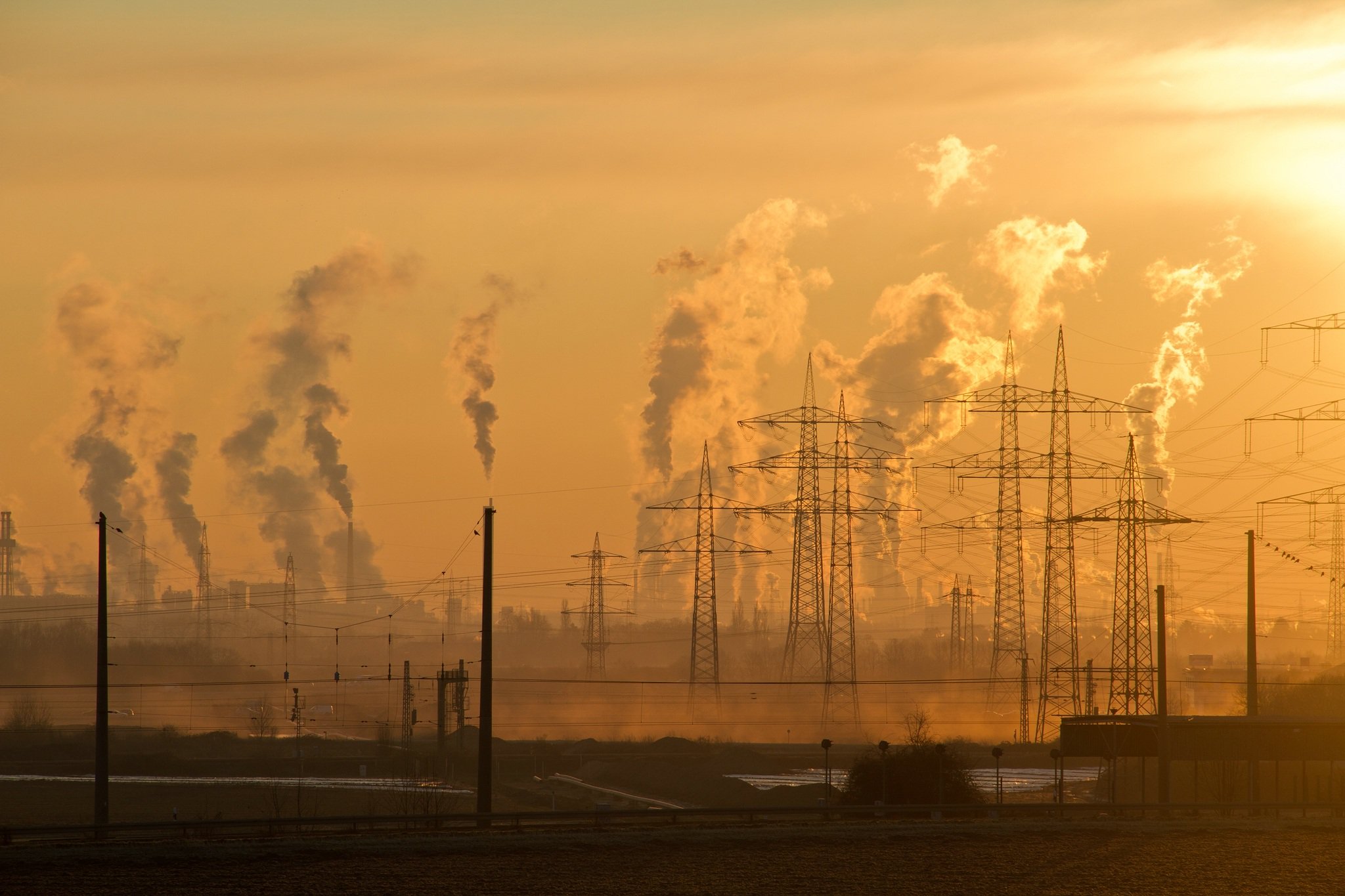You’re not supposed to clap in court – and certainly not cheer. It’s not a football match.
But the supporters of Urgenda, a Dutch activist organisation promoting a sustainable society, couldn’t hold back. Applause burst out as soon as the chairman of the supreme court of the Netherlands said that the Dutch state had definitively lost.

The court ruled the state must reduce CO2 emissions by at least 25% by the end of 2020 compared to 1990. Doing less is a violation of the human rights of Dutch citizens.
You could see from the composed expressions of the judges – three men and two women whose facial expressions could be compared to those of the bronze statues in front of the courthouse – that they did not take pleasure in ruling against the state. The contrast with Urgenda’s cheering supporters could not be greater.
The judges only did what they had to do: assess whether the government and parliament had remained “within the bounds of justice” in formulating their climate policy.
The session of the supreme court lasted less than half an hour. But world history had been rewritten.
Human rights require climate action
This ruling is not just about the Dutch. It concerns the world because it’s based on human rights. Those human rights – in this case, Articles 2 and 8 of the European Convention on Human Rights – create obligations for states to protect their citizens against dangerous climate change.
Read more: The Correspondent




